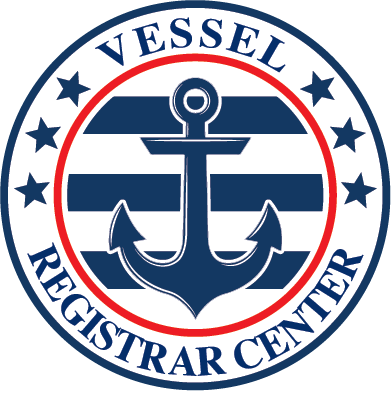A vessel bill of sale is a document that certifies the legal transfer of ownership of a boat from one person to another. This ownership may only be legally transferred when both parties sign the document. If you sell your boat without having this paperwork in place, you risk being vulnerable if there is a dispute over the sale of the boat. If you are considering selling your boat, you must be sure that you have a vessel bill of sale in place before starting the selling process. This document serves as evidence of the legitimate transfer of ownership from one individual to another, and it might be of assistance to you in the case of a disagreement. Here are some helpful hints on how to draft a bill of sale for a vessel that will protect the buyer and the seller.
Make Sure That Both Parties Have a Clear Understanding of What Is Being Sold.
Ensure that all parties are on the same page regarding the product sold. The boat, trailer, engine, and other accessories that are part of the agreement should be included in the bill of sale. It’s not the boat you would expect. As a result, you should not expect that your boat is worth anything close to what you purchased all those years ago. This may be particularly troublesome when attempting to sell an older boat with high maintenance expenses since many buyers would anticipate a newer yacht with cheaper maintenance costs. The sale of a home or other real estate in addition to the boat may provide additional challenges before a final agreement on the sale price can be reached. Because of this, the buyer and seller will have to agree on who will foot the bill for closing-related taxes and fees and any renovations done by either party before the deal is finalized.
Describe The Condition of The Boat
You should always have a bill of sale prepared when purchasing a boat to safeguard your interests in the event of a dispute about the vessel’s state. For this reason, you must ensure that the terminology used in your vessel bill of sale is precise and broad. Include as many specifics as you can to prevent any problems in the future. Describe the boat’s construction materials in great detail. Fiberglass makes up around what percent? Wood? Metal? Do not be shy about mentioning any damage that might be expensive to fix.
Don’t detail problems that can be easily fixed if you don’t want to encourage potential purchasers to haggle with you over them. If there are any leaks, or if the sails or lines need to be re-stringed, provide that information as well. Make it clear how many people can fit on the boat at a given moment. Make sure your buyer knows whether there are seats where more than two people cannot sit; otherwise, he may assume he may bring buddies along with him at all times, and you might be on the hook for any damage they do.
Spell Out Who Is Responsible for What at The Vessel Bill of Sale
There must be a clear understanding of who is liable for what when you’re selling a yacht. “As agreed by and between…” is usually an excellent place to begin when discussing the buyer’s duties. “Boilerplate” agreements are sometimes referred to because they are used often and are so simple in design. There is a wide range of topics covered by boilerplate, from payment terms to the method of transportation.
Before concluding the sale, try to agree on payment terms. As long as you’re financing the sale of your boat, make sure any outstanding loan debt has been paid off so that whoever purchases your yacht won’t be responsible for paying it off. Insist on an inspection period for the buyer, so they may have a professional check over the vessel and voice any issues before the transaction is finalized.
Make Sure to Include All Pertinent Information About the Boat
A vessel bill of sale is a legal document that serves as an agreement between seller and buyer. As a seller, you may need to provide a boat description. The bill of sale should contain all of the information the seller legally must supply if you’re purchasing one. For a bill of sale to be legally binding, all parties must know exactly what information must be included for it to be enforceable. This agreement must include all relevant information regarding the boat to secure the safety of both parties.
Before you buy the yacht, make a thorough record of all previous ownership changes and transactions on the vessel bill of sale. In the future, it will be difficult for someone to accuse you of doing business in questionable conditions. If you’re considering purchasing a new or old boat, you must learn as much as possible about its previous owners and the number of times the vessel has been registered with the U.S. Coast Guard (if applicable).

Detail Any Equipment That Comes with The Boat
If you’re looking to purchase a yacht, you may assume that the title is the most significant component of the transaction. That is not the case. Consideration should also be given to the boat’s bill of sale. It safeguards both parties engaged in a boat transaction, ensuring that all equipment on board is correctly accounted for and all financial obligations are met. The boat’s description should include as much information as possible, including any equipment. Anchors, dock lines, life jackets, and the like may all fall under this category. You’ll also need to identify any pre-existing damage and indicate whether or not it has been repaired. The buyer and seller’s names, addresses, and phone numbers should also be included. Finally, provide the date and amount paid for the boat and any additional fees or taxes associated with the transaction.
Vessel ownership is a big decision to make. Before purchasing a vessel, or even before you start looking around at what’s available, it’s essential to know how to buy a boat. The first step is getting in touch with the appropriate agencies. The Maritime Documentation Center can be reached by calling (800)-535-8570.




